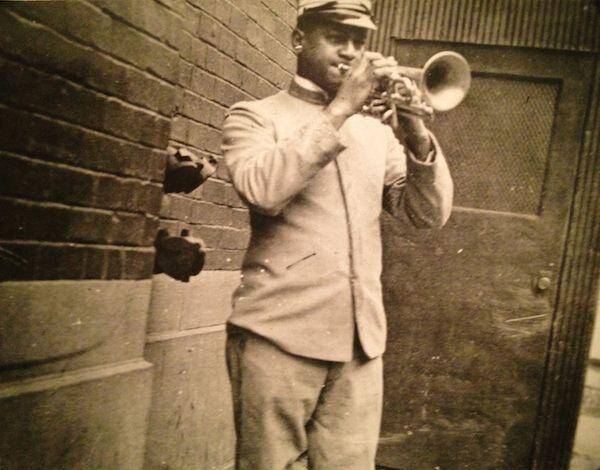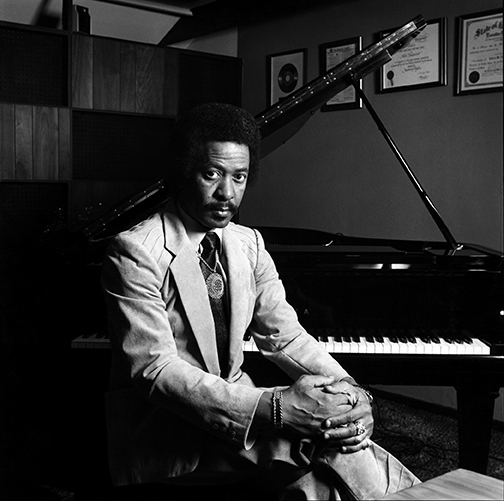In the annals of jazz history, the name Freddie Keppard stands as a symbol of innovation and virtuosity. Known as the “Cornet King,” Keppard was a pioneering figure in the early days of jazz, leaving an indelible mark on the genre’s development. Born in the vibrant musical landscape of New Orleans, Freddie Keppard’s life and career were a testament to his talent, creativity, and influence on the evolution of jazz. In this article, we will explore the life, music, and legacy of this legendary jazz musician. Freddie Keppard was born on February 27, 1890, in New Orleans, Louisiana, a city known for its rich musical heritage. Growing up in a neighborhood steeped in jazz, Keppard was exposed to a melting pot of musical traditions, including blues, gospel, and brass bands. His early exposure to this diverse musical landscape would profoundly shape his own musical journey. Keppard’s instrument of choice was the cornet, a brass instrument similar to the trumpet. He quickly honed his skills and developed a distinctive style that would set him apart from his contemporaries.
Freddie Keppard was a pioneer in the development of jazz, particularly in its formative years. His contributions to the genre were marked by a number of innovations, including his use of the “stop-time” technique, where the rhythm section would briefly pause, allowing the soloist to shine. This technique became a hallmark of early jazz and influenced future generations of musicians. Keppard’s recordings from the early 1900s are considered some of the earliest jazz recordings in existence, showcasing his remarkable improvisational skills and virtuosity on the cornet. His band, Freddie Keppard’s Creole Band, was one of the first to tour outside of New Orleans, spreading the sounds of jazz to a broader audience. Freddie Keppard’s influence on jazz is immeasurable. He was a mentor to many budding musicians in New Orleans, including the legendary King Oliver and Louis Armstrong. His style laid the foundation for the development of jazz in Chicago and beyond, and his recordings continue to be studied and revered by jazz enthusiasts and historians. Despite his immense talent and influence, Keppard’s recording career was somewhat limited, and he passed away in relative obscurity in 1933. Nevertheless, his legacy endures through the musicians he inspired and the recordings that showcase his brilliance.
Freddie Keppard’s life and music are a testament to the transformative power of jazz and its ability to transcend cultural boundaries. His innovative approach to the cornet and his pioneering contributions to early jazz continue to resonate with musicians and listeners alike. Freddie Keppard, the Cornet King, remains an iconic figure in the history of jazz, forever celebrated for his role in shaping one of America’s most beloved musical genres.



